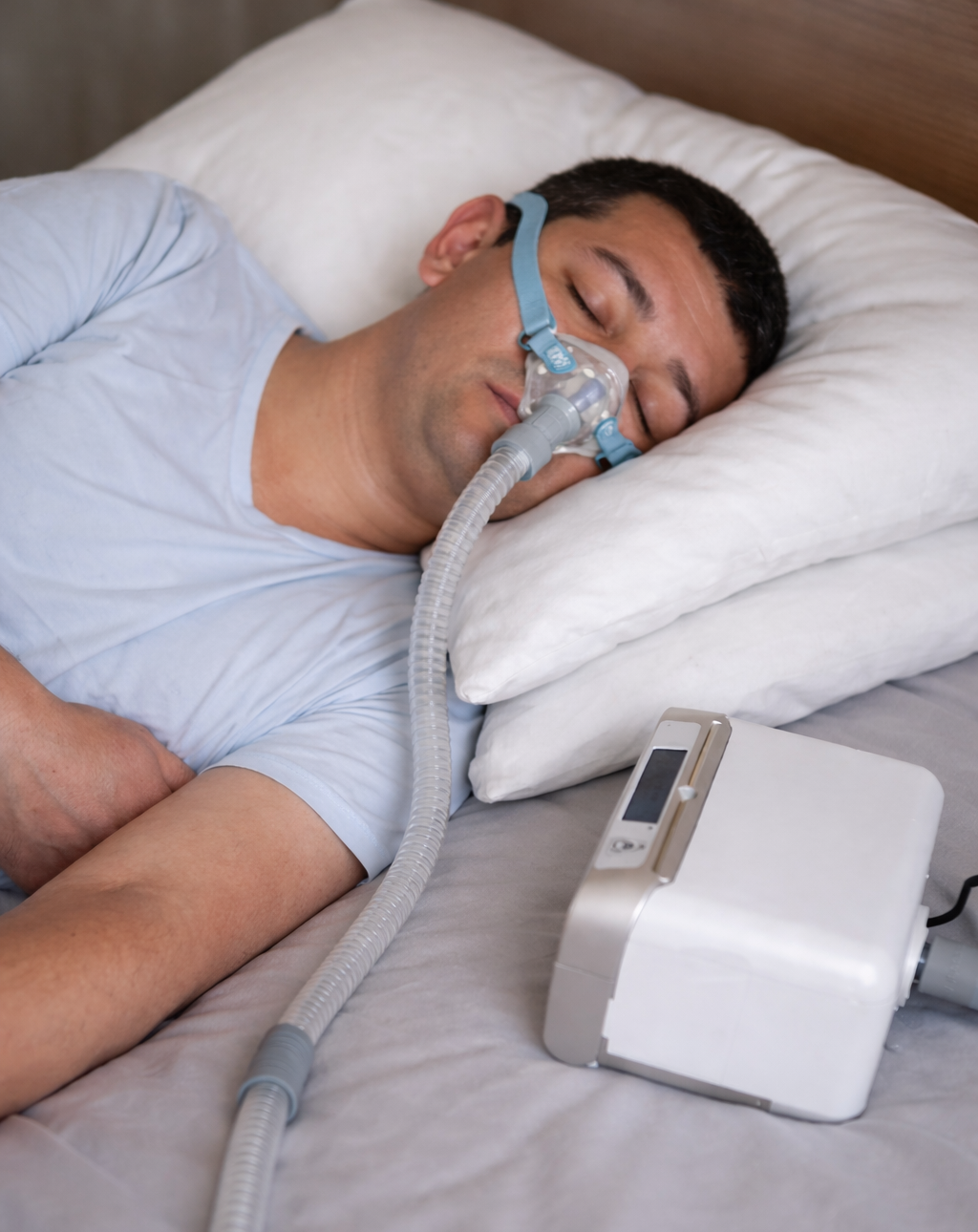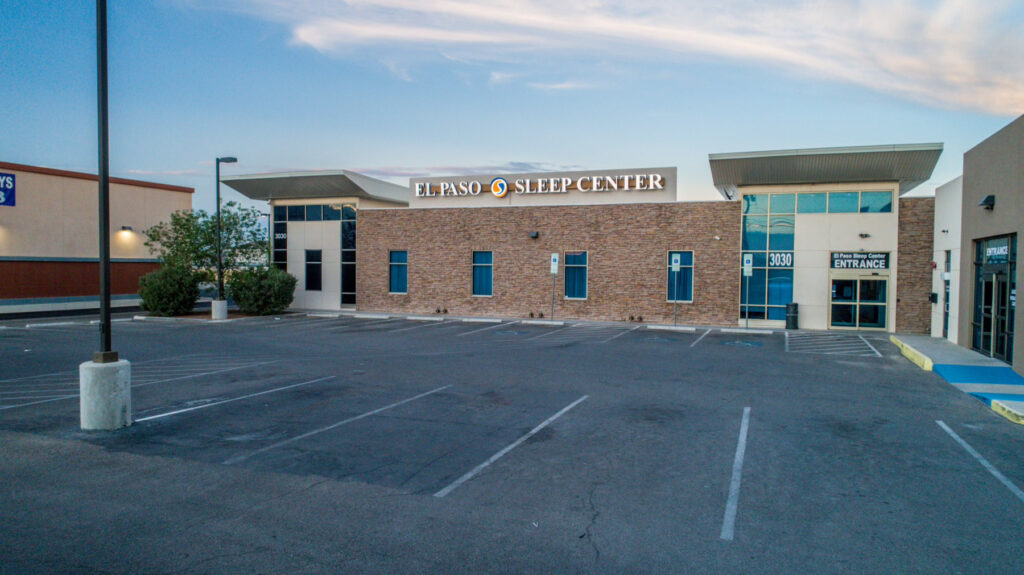A sleep study monitors your brain waves, breathing, heart rate and body movements while you sleep overnight. It is performed in a sleep center by a trained sleep technologist, who monitors your study while ensuring your safety and comfort. The results of your sleep study will enable your doctor to correctly diagnose your sleep disorder or determine that your sleep is normal.
On the day of the study, you will be asked to arrive at the sleep center in the evening. The technologist will attach sensors to your head, chin, chest and legs. You also will wear soft belts around your chest and stomach. An oxygen monitor will be clipped on your finger. Some centers may use a microphone to measure snoring. A video camera will record the sleep study to ensure your safety.
You will then be allowed to fall asleep while the technologist monitors your sleep parameters on a computer. The technologist may wake you up in the middle of the night to ask you to change your body position or to replace wires if they come loose.

Call us now to schedule your appointment. Our expert team is here to help you achieve restful, restorative sleep and improve your overall health. Don’t wait—take the first step towards better sleep today
Your doctor may have ordered a “split-night study” if you are at risk for obstructive sleep apnea. If you show clear signs of sleep apnea during the first half of the study, then the technologist may apply Continuous Positive Airway Pressure (CPAP) therapy during the second half of the night. CPAP provides air pressure through a mask that opens the upper airway during sleep.
After you wake up in the morning, the technologist will help remove the sensors, belts and oxygen monitor. The data from the study will be reviewed by a board- certified sleep medicine physician, who will make a diagnosis.
Before your sleep study, try to follow your regular routine as much as possible, but you should avoid naps and caffeine during the afternoon. Also avoid using hair spray or hair gel, or wearing hair extensions, all of which can interfere with sleep study sensors.
No, the sleep study is not painful, but the technologist may ask you to try to sleep on your back during the study. Please inform the technologist if sleeping on your back is uncomfortable.
Most people do not have difficulty sleeping during the study. If you do have trouble falling asleep, medication may be used to help you. Even if you are unable to sleep the entire time, you will likely sleep long enough for your doctor to make a diagnosis.
Usually someone can come with you to the study but not stay with you overnight.
Yes, you can use the restroom in the sleep center. The technologist can easily disconnect the wires so that you can go to the bathroom privately.
Yes, be sure to bring any medications that you take at bedtime. Please let the technologist know about the medications before you take them.
Generally, it is required for you to try to sleep in the bed. Sleeping in an elevated position in a recliner may affect the results of the study.
Many sleep centers do not have televisions. If there is a TV in the bedroom, you will be required to turn it off prior to bedtime. Otherwise, the TV might interfere with the sleep recordings and interrupt the study. Cell phones and other electronic devices also will need to be turned off to minimize the chance of sleep disruptions.
Most sleep centers have beds that are as comfortable as a hotel bed. Some sleep centers have memory foam beds or hospital beds available, depending on your needs.
If you receive CPAP therapy during the second half of the study, the sleep technologist will help you get used to the treatment. The sleep technologist may try more than one type of mask or make other adjustments to help you feel more comfortable. If you are unable to sleep with the mask, the study may be continued without the treatment.
You will schedule a follow-up appointment with your doctor to discuss the results of the sleep study.


Facility Member
Since 1977, the American Academy of Sleep Medicine (AASM) Standards for Accreditation have been the gold standard by which the medical community and the public evaluate sleep medicine facilities. Achieving AASM accreditation demonstrates a sleep medicine provider’s commitment to high quality, patient-centered care through adherence to these standards.
El Paso Sleep Center by Bedrock Digital 2025